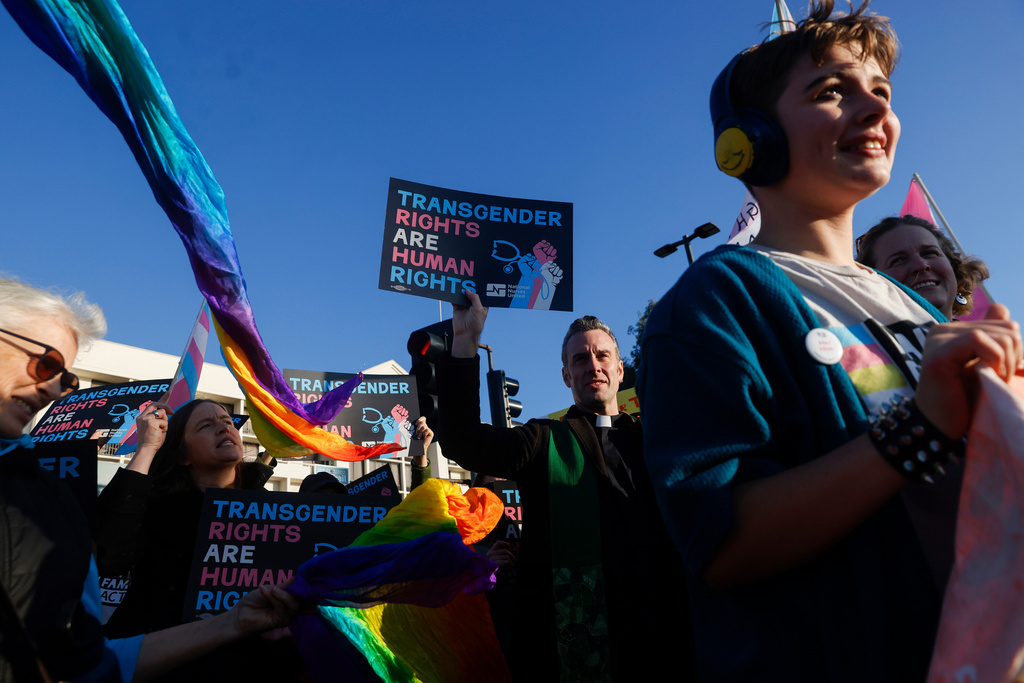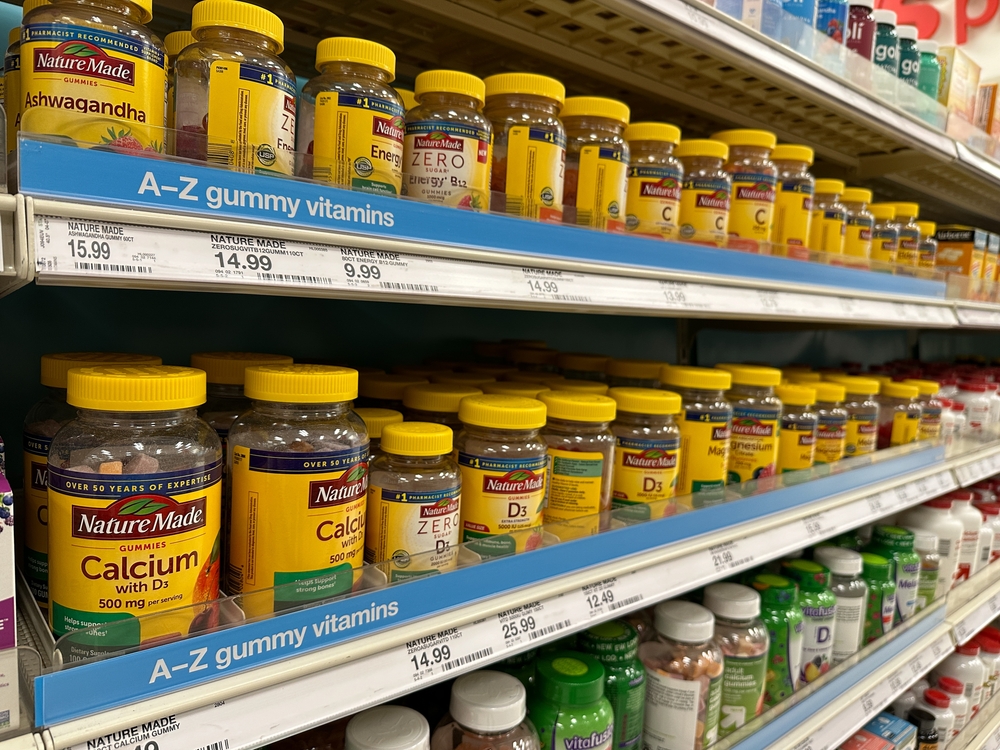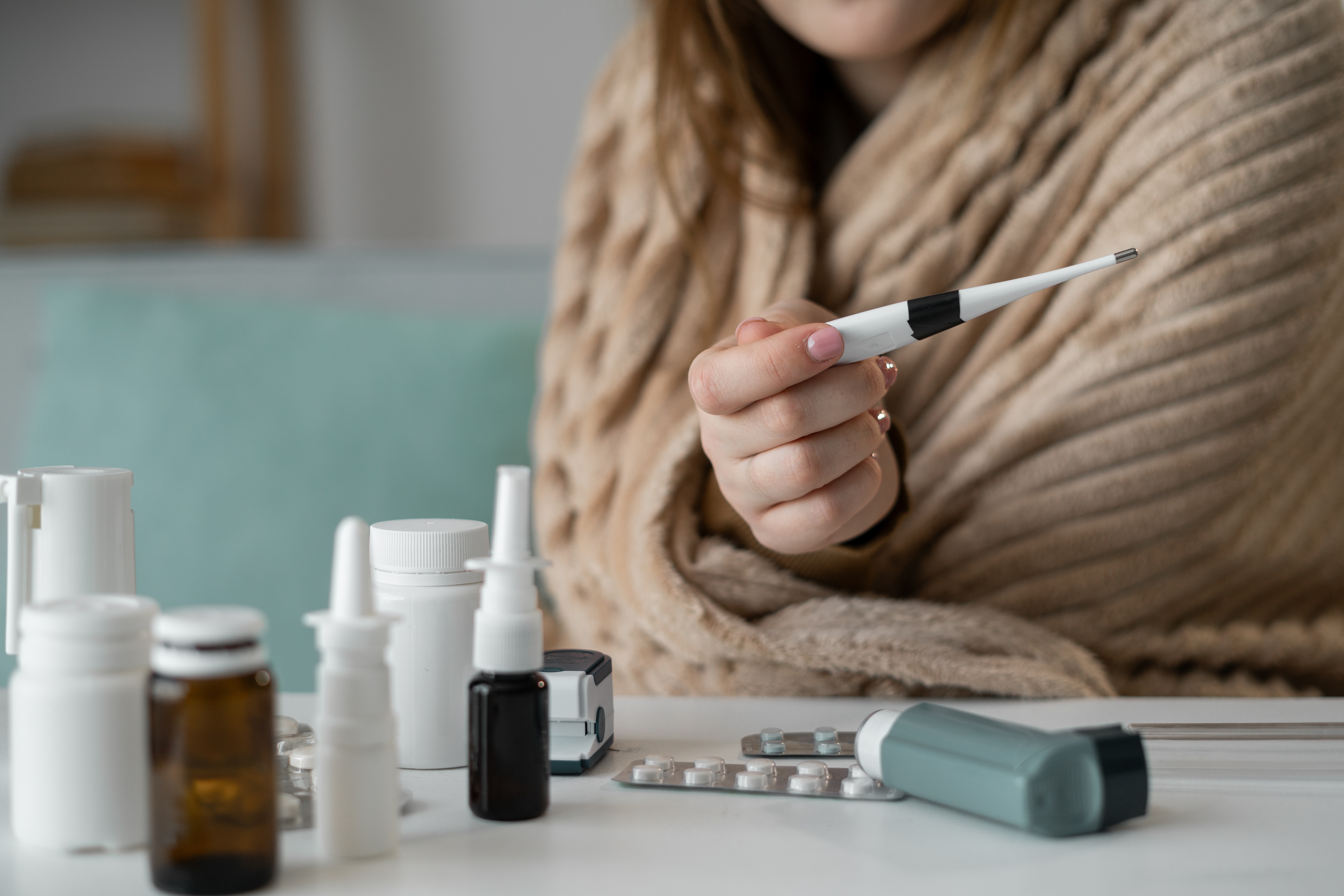Since the U.S. began rolling out its COVID-19 vaccines in early 2021, millions of people eager to get the shot lined up at health clinics, grocery stores, and stadiums — sometimes overnight. In the months since then, enthusiasm for the vaccine had been steadily climbing — so much so that some unable to secure local appointments bribed doctors, lied to cut the line, scavenged social media, and even traveled across state lines for a dose. But in April, demand for the vaccine started to slow. In some states, supply now exceeds demand.
"A plateau has emerged in terms of vaccine uptake," explained Monica Schoch-Spana, medical anthropologist at the John Hopkins Center for Health Security.
The slowdown has been largely linked to "vaccine hesitancy," an opposition to or skepticism of the vaccine.
A recent poll by the Kaiser Family Foundation found few unvaccinated people are eager to get the shot. 12% of respondents said they will "wait and see," 7% will get vaccinated "only if they're required," and 13% will "definitely" not get the shot.
"Why they wait and see? It could be driven by safety data and or concerns. They could be waiting to see what the people around them are going to do," said Schoch-Spana. "Some people may have all the facts that they want or need to make the decision, and they have simply made a decision that, no, they're not going to vaccinate."
Though the pace of vaccinations has been stalling, the U.S. is still among the countries with the highest rates of vaccination per 100 people. Half of U.S. adults have been fully vaccinated, and more than 60% have had at least one dose.
"The next set of individuals to vaccinate, the factors or the key ingredients to them becoming vaccinated — the little nudges they need to cross over into the vaccinated set or group — may be different from the motivations for that first set of individuals," explained Schoch-Spana.
To address concerns from the vaccine hesitant, the Biden White House is working with a nationwide network of local health officials, businesses, faith leaders and community organizers to promote the safety and efficacy of the approved vaccines.
The administration has set a goal of vaccinating at least 70% of U.S. adults by July 4.
"You are the people that folks on the ground know and rely on and have a history with. And when people are then making the decision to get vaccinated, they're going to look to you," Vice President Kamala Harris said in April during a virtual meeting with the administration's "COVID-19 Community Corps."











